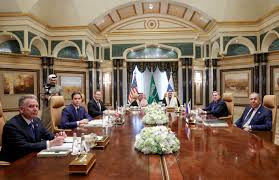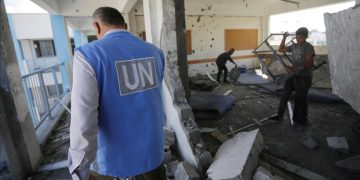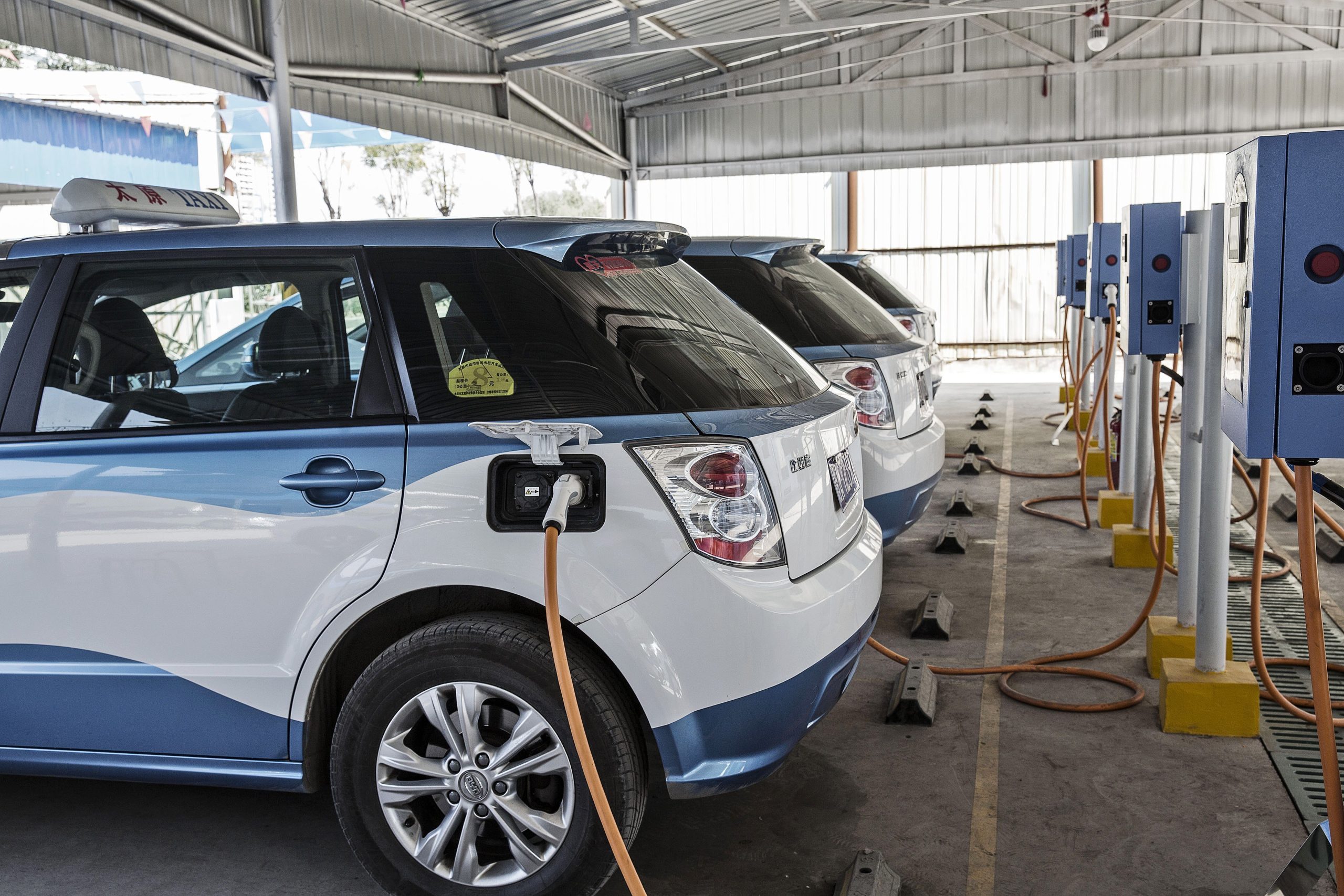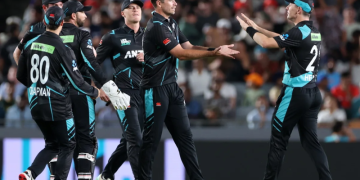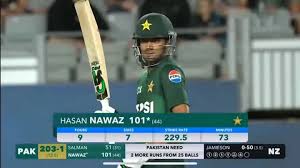The World Bank has expressed its ‘inability’ to solve water dispute between India and Pakistan, urging both nations to solve the issue by bilateral cooperation and negotiations.
The World Bank has urged both India and Pakistan to bilaterally solve their water dispute as it’s unable to take an independent decision on appointment of a neutral expert or court of arbitration to solve the decades long water dispute between the two countries.
Patchamuthu Illangovan – former World Bank Country Director for Pakistan, while expressing his views in Islamabad on the completion of his five-year term, stated that the World Bank cannot resolve water dispute between the two neighbouring countries and hence India and Pakistan should formulate a mutually agreed path to address the issue.
“Both India and Pakistan should come together as to which option to take forward,” he said.
He also highlighted that the Indus Water Treaty brokered by World Bank between the two countries has no provision for an independent decision by the institution, and as a result Pakistan’s appeal for Court of Arbitration (COA) has been left unaddressed for four years now.
Pakistan has multiple times voiced its concerns regarding the Kishanganga and Ratle hydropower projects being constructed on Neelum River by India in violation of the 1960 Indus Water Treaty signed between the two countries.
It is to be noted that last rounds of talks between India and Pakistan over water dispute were held back in September 2015 which resulted in not so commendable outcomes for Pakistan. In 2016 World Bank had tried to mediate between India and Pakistan and had temporarily halted the process of appointing COA or a neutral expert over the matter.
As per the Indus Water Treaty (1960), if both countries fail to resolve dispute via bilateral means, they have the option to approach International Court of Arbitration or a neutral expert under Article IX(5), (b) or (c) of the treaty for the formation of a seven-member panel.






